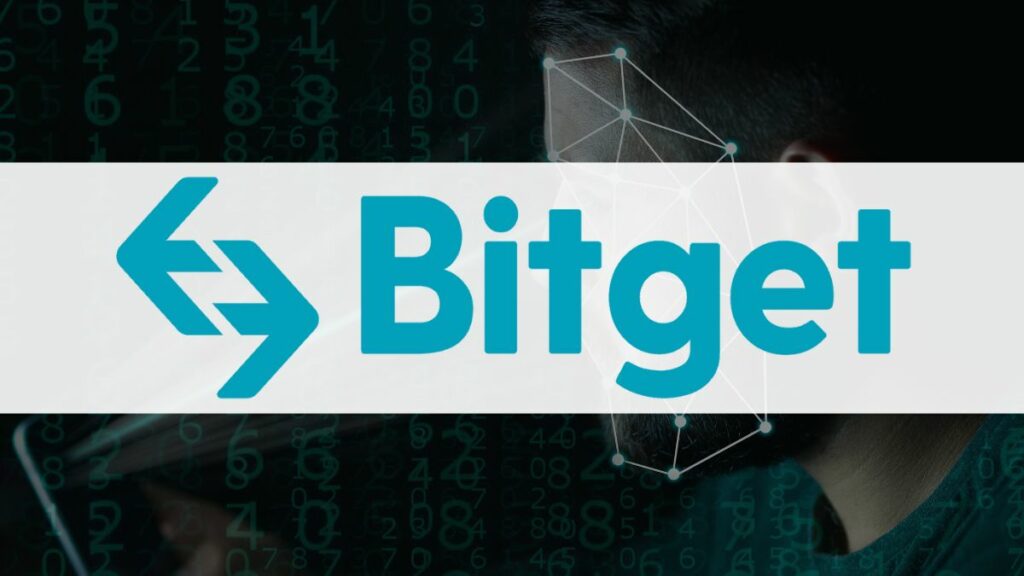In a move to enhance user protection and comply with global digital asset regulations, Bitget, the current 16th-largest cryptocurrency exchange by trading volume, has announced important changes to its Know Your Customer (KYC) verification process. The new requirements will come into effect on September 1, 2023.
The “Know Your Customer” (KYC) verification process is a way for financial institutions and other regulated organizations to confirm users’ real identities. This process helps reduce risks for both users and the company, and the Bitget crypto exchange says it wants to make sure everyone’s safe and secure while using their services.
What’s Changing on Bitget?
According to the August 21st official release, starting September 1, 2023, new sign-ups on Bitget will need to complete level 1 KYC verification to access services like depositing and trading digital assets.
At the same time, users who sign up for the exchange platform before September 1, 2023, must complete level 1 KYC verification before October 1, 2023.
However, during September, they can still do regular activities like depositing, withdrawing, and trading. But, from October 1 onwards, without verification, users will only be able to withdraw, cancel orders, redeem subscriptions, and close positions. Creating new trading orders won’t be possible.
“Ensure that you complete level 1 KYC verification as soon as possible to prevent any potential restrictions in trading and other services,” the company warns.
To complete level 1 KYC verification, the company directs users to log in to their “User Profile” and find the KYC verification section. It’s usually about sharing a government-issued ID and doing a facial check.
This update follows another important announcement from Bitget. The exchange has partnered with Copper’s ClearLoop network, bringing an innovative solution for secure settlement to Bitget’s institutional clients. This helps make trading safer and more efficient.
Meanwhile, other popular cryptocurrency exchanges, like KuCoin and Bybit, are also becoming stricter with their rules. This is happening because regulators are paying more attention to these centrally controlled crypto exchanges. Bybit, for example, will require identity verification for all its services starting soon. This means that if you want to use the crypto exchange, you’ll need to prove who you are.










